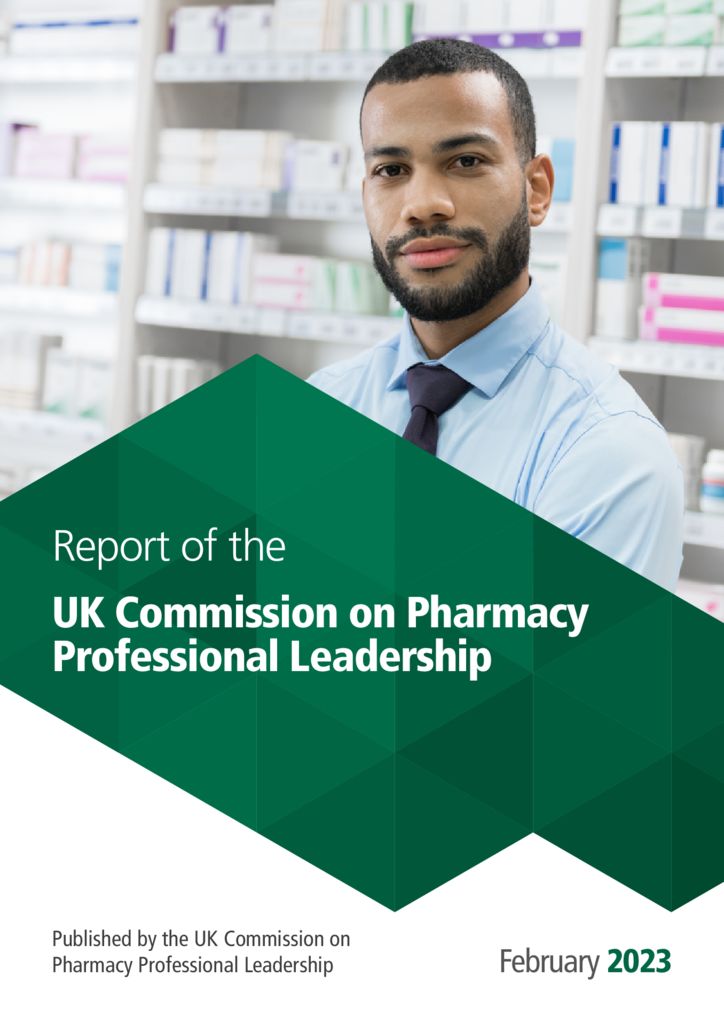The commission has concluded that the leadership of the current professional body for pharmacists in Great Britain has failed. It believes that the Royal Pharmaceutical Society (RPS), a body whose first iteration was initially established in 1841 is no longer fit for purpose, and this view appears to be backed up by the majority of the profession who have chosen not to be a member.
The commission has proposed that initially a new, more distributed leadership body should be established for the UK, made up of the RPS and the Pharmacy Forum of Northern Ireland (PFNI) and joined by a number of voluntary groups that represent specialist practice. In a radical change, it is proposed that they would also be joined by the Association of Pharmacy Technicians (APTUK) and together they would create a Collaborative Leadership Council (CLC), which would be headed by a yet to be chosen Chair.
Ultimately, in the view of the commission, it may be possible after an initial transitional period for this Leadership Council to apply for Royal Charter status and become a Royal College of Pharmacy.
Whether these proposals will ultimately secure the widespread support of pharmacists or not, one thing is for certain; the current arrangements are woefully inadequate and a radical change is necessary.
More pharmacist engagement is needed
With more than 36,000 members, the PDA is the largest pharmacist membership body in the UK. The PDA is a defence association and a trade union and is certified as independent from the control of any employers (including the NHS). It recognises, that for the profession to thrive, strong and effective professional leadership is a necessary component of any successful future for pharmacists.
The PDA strongly believes that just as it was the members of the profession that established their previous pharmacist professional leadership bodies, so it is for pharmacists to determine if they agree with these proposals and to decide what arrangements they want in future.
As an organisation that has exclusively in its membership the employed and locum pharmacists in the UK, the PDA wants to ensure that it can reflect the views of frontline pharmacists in any future discussions and decisions that could impact upon their careers.
Pharmacists are encouraged to read the report (below), to consider its content and then ensure they respond to the forthcoming communication from the PDA.
In the meantime
The commission report says that existing leadership bodies have “relatively low levels of membership” but does not provide details. It has also stated that it has received submissions to its consultation from many pharmacy organisations.
The commission has been funded by public money and this brings with it significant additional need for transparency and accountability.
If its proposals are to secure the confidence of the wider pharmacist profession, then it should publish the details of the membership numbers of the bodies that it is now recommending form the leadership council. It should also publish the submissions that it has received as contributions to its commission from pharmacy bodies.
Read the report here:
Learn more
- PDA highlight context of commission (Jan ’23)
- PDA response to the Commission (Nov ’22)
- Responses received from Commission Chairs on eve of survey closing (Oct ’22)
- PDA called for clarity on Commission (Sep ’22)
- Mark Koziol’s comments as to why Pharmacy leadership organisations should play a role within a healthy leadership ecosystem (Aug ’22)
- To read more about the commission visit the Commission Website
Not yet a PDA member?
If you have not yet joined the PDA, we encourage you to join today and ask your colleagues to do the same.
Membership is FREE to pharmacy students, trainee pharmacists, and for the first three months of being newly qualified.
Read about our key member benefits here.
